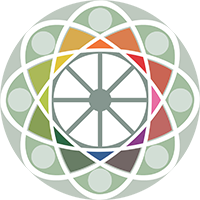
Netherlands-Indonesia Consortium
for Muslim-Christian Relations.
Welcome
Welcome
Since the start of the third Millennium tensions have risen around the world, manipulating religion as source of political interest and conflict. The impact has been felt in Indonesia as well as in the Netherlands, where polarization has been growing in both countries ever since.
Responding to these alarming developments and driven by a shared history and vision of their respective countries, in 2010, Universitas Kristen Duta Wacana in Indonesia and Kerk in Actie in the Netherlands, established a Muslim-Christian network. This network would later be called the Netherlands-Indonesia Consortium for Muslim-Christian Relations (NICMCR). It is a network where exchange take place through methods of research, dialogue and partnership between Indonesian and Dutch, Muslim and Christian educational, faith-based and civil society institutions. The network strongly believes in the need for international, interreligious and intersectoral learning and partnering in order to provide sound counter-narratives and practices vis-à-vis polarizing, populistic and political approaches of religion. In doing so we deem it of importance to contribute to a balanced relation between states, religious communities and civil society.
Pokja’s
About Us

Who we are
The Netherlands-Indonesia Consortium for Muslim-Christian Relations is a non-governmental network of universities and civil society organizations in the Netherlands and Indonesia, consisting of Muslim and Christian scholars, religious leaders and practitioners.
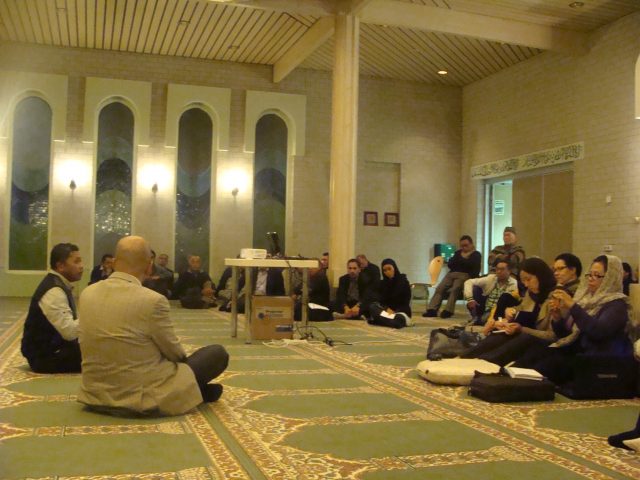
Vision
The Participants of the Consortium share the view that cross-national, cross-religious and cross-sectoral exchanges are needed to address the challenges faced by communities in the Netherlands and in Indonesia.
Society in both the Netherlands and Indonesia has been significantly shaped by Christianity and Islam, albeit in different ways. Therefore, understanding these religions, in all their positive and negative aspects and acknowledging their transformative impact on nature and mankind, is prerequisite for the development of a just, peaceful and sustainable future.
The shared history of Indonesia and the Netherlands offers a basis for a shared future, but not without taking into account both sides’ perspectives on that same history.
The Participants of the Consortium believe in a space for building relations and trust, ongoing dialogue and joint research on issues of common concern.

Mission
The Consortium intends to contribute to the enhancement of mutual understanding and common action among communities in Indonesia and the Netherlands by using and expanding resources that Participants share in terms of knowledge, experience, relations and funding.
The Participants of the Consortium aim to generate practice-oriented knowledge using dialogical methods.

Structure
The Participants’ Meeting is the highest body of the Consortium and consists of representatives of the Participants.
The Participants are those organizations or institutions who affirm their commitment to the Consortium by signing the ‘Declaration of Commitment’ and pay the Participants’ Fee.
The Participants’ Meeting can invite other organizations to join as Partner. It can also invite resource persons to become Partner as advisors in their professional capacity.
The Participants’ Meeting elects a Steering Committee in its Annual Meeting. The Steering Committee operates within the mandate as given by the The Participants’ Meeting.
The Steering Committee members are elected for a term of three years. Their number can vary, according to the decision made in the Annual Meeting.
The Participants’ Meeting mandates Working Groups or Pokja’s to develop the Consortium’s policy on actual issues in close collaboration with the Steering Committee.
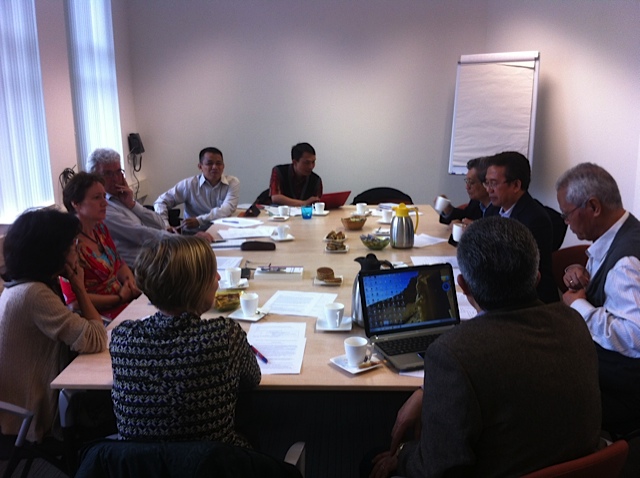
How we work
At least once a year the Consortium takes responsibility for a public event and/or expert meeting.
The Participants’ Meeting meets every year and decides on the annual program of the Consortium.
The Steering Committee initiates projects in which a certain number of Participants cooperate. For each project, the Steering Committee appoints at least two Participants as project leaders.
Working groups or Pokja’s support the Steering Committee with the implementation of its policy on the following important thematic issues:
- Costly Tolerance / Inclusive Religious Education
- Gender and Religion
- Ecology and Religion.
Each Pokja evenly consists of members representing both countries, both religions and the different disciplines (academic, faith based, civil society). Within their members, Pokja’s elect coordinators, if possible one from Indonesia and one from the Netherlands. The Pokja’s report to the Steering Committee. For each of their respective projects, the coordinators concurrently act as project leaders.
Within a particular project, cooperation with non-Participants is possible. These non-Participants are called Partners of the Consortium.
Apart from the work of the Pokja’s the Consortium can adopt initiatives taken by one or more of its Participants at their request.
For each event, the project leaders decide which participating institution(s) will be responsible, in terms of content, planning and financing of the project.
The Consortium is willing to participate in initiatives taken by other parties, including governmental institutions, as far as it falls within its Vision and Mission, and provided that it does not impair the Consortium’s independent position.
In 2019, the Foundation NICMCR was established with a secretarial desk in Nijmegen, the Netherlands. With this legal body, the Consortium will have the liability to be more involved with international programs and international governmental and non-governmental bodies.

Participants
Names and websites of Participants will appear here after signing the Declaration of Commitment
Declaration of Commitment Participant Fee
Association of Theological Schools in Indonesia, www.persetia.or.id
Indonesian Consortium for Religious Studies, www.icrs.or.id/
Protestant Church in the Netherlands / Kerk in Actie, www.kerkinactie.nl
Protestant Theological University Amsterdam-Groningen, www.pthu.nl
Stichting IDEIS, Identity Development and Empowerment in Interfaith Spaces www.stichtingideis.nl
Nijmegen Institute for Mission Studies Radboud University, www.ru.nl/nim/
Institut Agama Islam Negeri (IAIN) Palangka Raya, www.iain-palangkaraya.ac.id/new/
Percik Institute Salatiga, www.percik.or.id
Center for Religious and Cross-cultural studies, Graduate School, Universitas Gadjah Mada, crcs.ugm.ac.id
Vrije Universiteit Amsterdam, Faculty of Religion and Theology, www.godgeleerdheid.vu.nl/en/
Universitas Kristen Duta Wacana, www.ukdw.ac.id
Universitas Islam Negeri Sunan Kalijaga Yogyakarta, www.uin-suka.ac.id
Universitas Kristen Indonesia Maluku, ukim.ac.id
Nahdlatul Ulama Belanda, nubelanda.nl
Universitas Halmahera (UNIERA)
Pusat Riset Gender (Center of Gender Studies), SKSG University of Indonesia, sksg.ui.ac.id/pusat-riset-gender/
Central Board of Fatayat Nahdlatul Ulama, fatayatnu.or.id/
OASE INTIM, Institute for Eastern Indonesia ministry empowerment and contextual theology studies, www.oaseintim.org
Sekolah Tinggi Filsafat Driyarkara, www.driyarkara.ac.id/id
Universitas Islam Negeri Sultan Aji Muhammad Idris Samarinda, fakultas Ushuluddin, Adab dan Dakwah, fuad.uinsi.ac.id/
Stichting Wereldchristendom en Interreligieuze Relaties (SWIR), www.swir.run
Steering Commitee
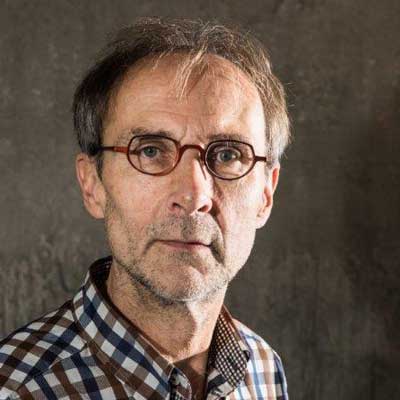
Prof. dr. Frans Wijsen
Professor Emeritus, Dept. of Empirical Religious Studies, Radboud University Nijmegen, The Netherlands
Adjunct Professor, Graduate School, Universitas Gadjah Mada, Yogyakarta, Indonesia
Chairperson of the Stichting Interreligieuze Dialoog
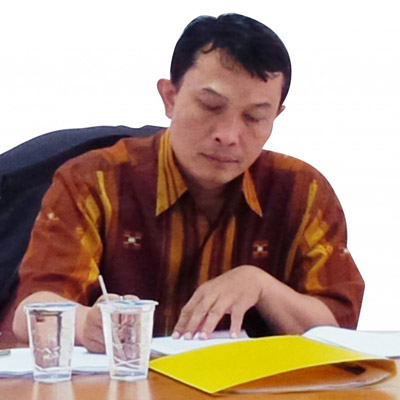
Prof. dr. Sahiron Syamsuddin
Vice Rector II of the State Islamic University Sunan Kalijaga, Yogyakarta, Indonesia
Chairperson of the Indonesian Association of Qur’anic Studies (AIAT)
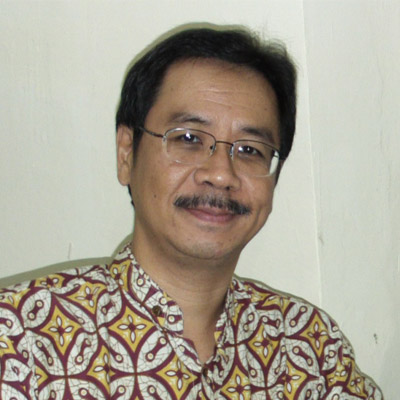
Prof. dr. Robert Setio
Dean Faculty of Theology, Duta Wacana Christian University, Yogyakarta, Indonesia
Indonesian Consortium for Religious Studies, Yogyakarta, Indonesia
Secretary of the Stichting Interreligieuze Dialoog
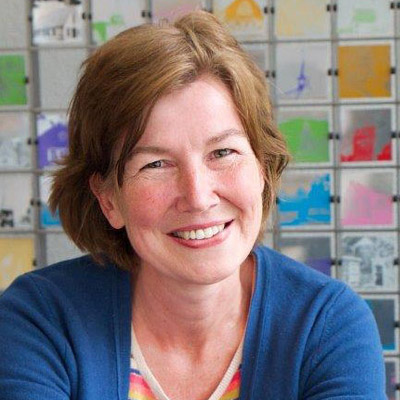
Drs. Corrie van der Ven
Program Officer for Kerk in Actie of the Protestant Church in the Netherlands
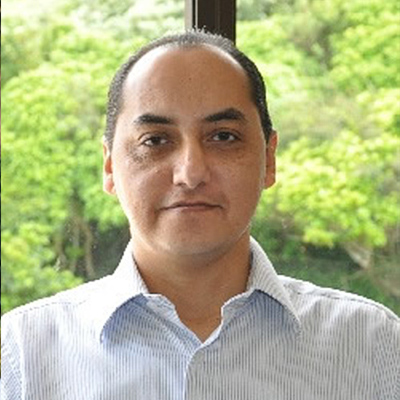
Zainal Abidin Bagir, Ph.D
Director of Indonesian Consortium for Religious Studies (ICRS)
Faculty member of Center for Religious and Cross-cultural Studies (CRCS), Graduate School, Universitas Gadjah Mada, Yogyakarta, Indonesia
Treasurer of the Stichting Interreligieuze Dialoog
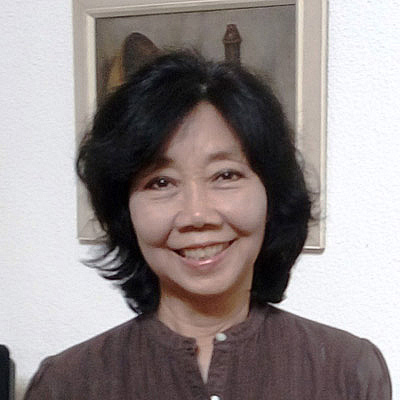
June Beckx
Coordinator for Indonesia
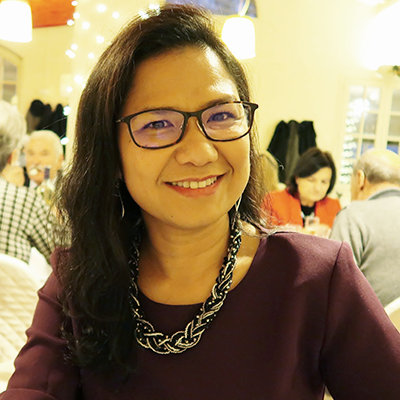
Dr. Maria Inggrid Nabubhoga
Coordinator for the Netherlands
Contact Us
Maria Inggrid Nabubhoga
Email M.Nabubhoga@ftr.ru.nl
Mobile +31 (0) 651715832
June Beckx
Email june@beckx.com
Mobile +62 85716833702